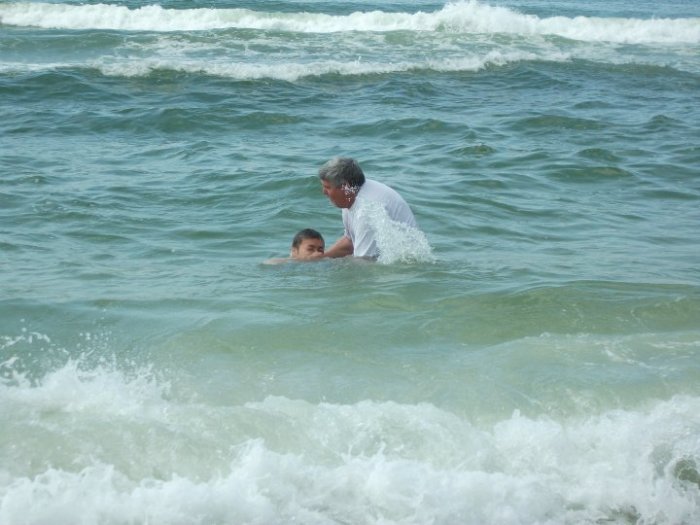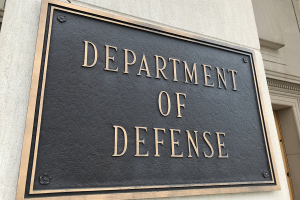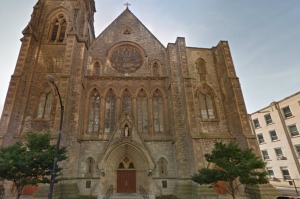National Park Service Denies It's Anti-Christian; Says Limits on Baptism Unintentional

Following a controversy over baptism permits last week, the National Park Service has denied charges of discrimination against Christianity in general and Missouri Baptists or Pentecostals in particular.
"It has never been the intention of the National Park Service to limit the number of baptisms performed at Ozark National Scenic Riverways…or any of our other parks," wrote Mike Litterst, acting chief spokesperson, in an email statement to The Christian Post Friday.
The statement addressed a complaint from Missouri Congressman Jason Smith, who asked, "why have traditional baptismal services been singled out?" He argued that fishing and swimming did not require permits, and complained the park was actively targeting Christians.
In a Friday report of the story on FoxNews.com, Todd Starnes argued that this case was just one incident of discrimination against Christians. "Our government increasingly affords accommodation to the Muslim faith, while attempting to regulate the Christian faith," he wrote. He contrasted this controversy with the growing trend of installing foot-washing stations in restrooms to facilitate Muslim prayer -– a project which cost the University of Michigan-Dearborn $25,000.
The controversy began when Dennis Purcell, a member of Gladden Baptist Church, wrote to Ozark National Scenic Riverways (ONSR) Superintendent William N. Black, complaining about large boulders blocking a sandbar to vehicle traffic. Black replied on July 3, warning Purcell that all activities would require a special-use permit, which must be requested 48 hours beforehand.
To Purcell, this sounded like discrimination. "If the Holy Spirit is working on Sunday morning, you're going to baptize Sunday afternoon. You may not know ahead of time," Purcell told local outlet Salem News. He said the church had been baptizing members on Sinking Creek for nearly 50 years.
But ONSR had always required the permits, according to Faye Walmsley, the park's public information officer. "We have just never actively used the authority until 2006," she told Salem News, as reported in their story last Tuesday.
Walmsley argued that ONSR has required special permits for those participating in first amendment activities for nearly 25 years. The permits merely make sure the park can avoid scheduling conflicts, she explained.
Outraged, Congressman Jason Smith sent a letter to Superintendent Black last Wednesday. "Individuals are free to fish on the river, or float it, without providing two-days notice," he argued. "Why does the use of the river for baptism, a simple service that may only take a matter of minutes, require a special use permit?"
The Park Service changed its policy the following day. "As of today the park's policy has been clarified to state that no permit will be required for baptisms within the Riverways," Black wrote to the Congressman.
"I appreciate Superintendent Bill Black's quick response to my request to rescind the permit requirement," Smith said, calling the reversal "a victory for common sense."
In the statement to CP, Litterst clarified the new policy. While permits will no longer be required for baptisms within the riverways, the Park Service may still demand them for locations "not normally open and accessible to the public." The Park Service requires a permit in those cases because it often must move debris or open barriers to clear a path for vehicles, the spokesman explained.
Litterst made it clear that baptism is a fundamental freedom for churches. "The time and place for any baptism," he wrote, "is the choice of the church."





























